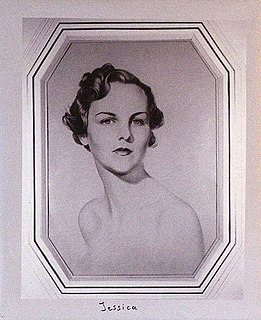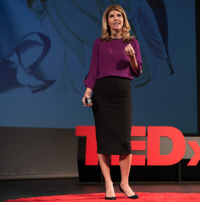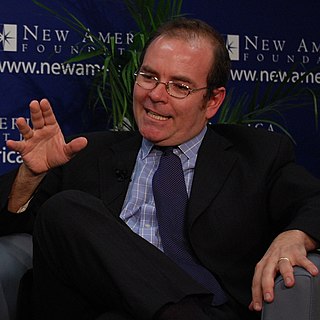A Quote by Anthony Joshua
People who do crime do it for reward. But you end up in jail - that's no reward. Through crime, your ambitions are low.
Related Quotes
What will drive people if they don't have money or reward? The reward is the end of war, the end of poverty, most crime, and the end of begging for medical care. Everyone will be cared for and educated. There will be no taxation, and no advantage group. No technical elitism, or any other kind of elitism. If that isn't incentive enough, then I don't know what is.
I think there is a lot of crime caused by desperation, and it doesn't mean that people commit crime because they're poor, but certainly a lot of people who are poor commit crime and they might not if they weren't poor. You understand the difference there? That's not news, but it comes up when I hear people say poverty doesn't affect crime - that crime is still going down in America even though the economy is bad.
The best crime stories are always about the crime and its consequences - you know, 'Crime And Punishment' is the classic. Where you have the crime, and its consequences are the story, but considering the crime and the consequences makes you think about the society in which the crime takes place, if you see what I mean.
But countless studies have shown that a cue and a reward, on their own, aren't enough for a new habit to last. Only when your brain starts expecting the reward--craving the endorphins or sense of accomplishment--will it become automatic to lace up your jogging shoes each morning. The cue, in addition to triggering a routine, must also trigger a craving for the reward to come.






































